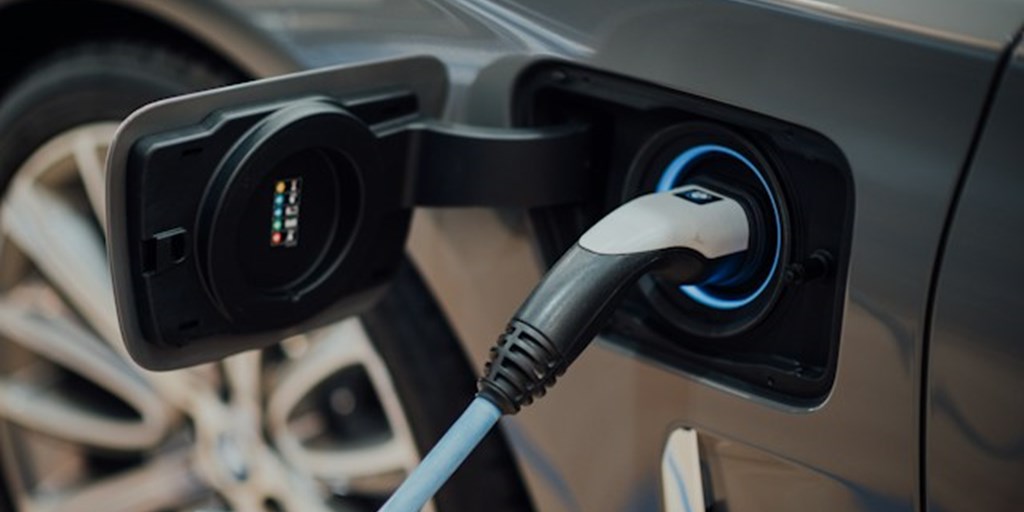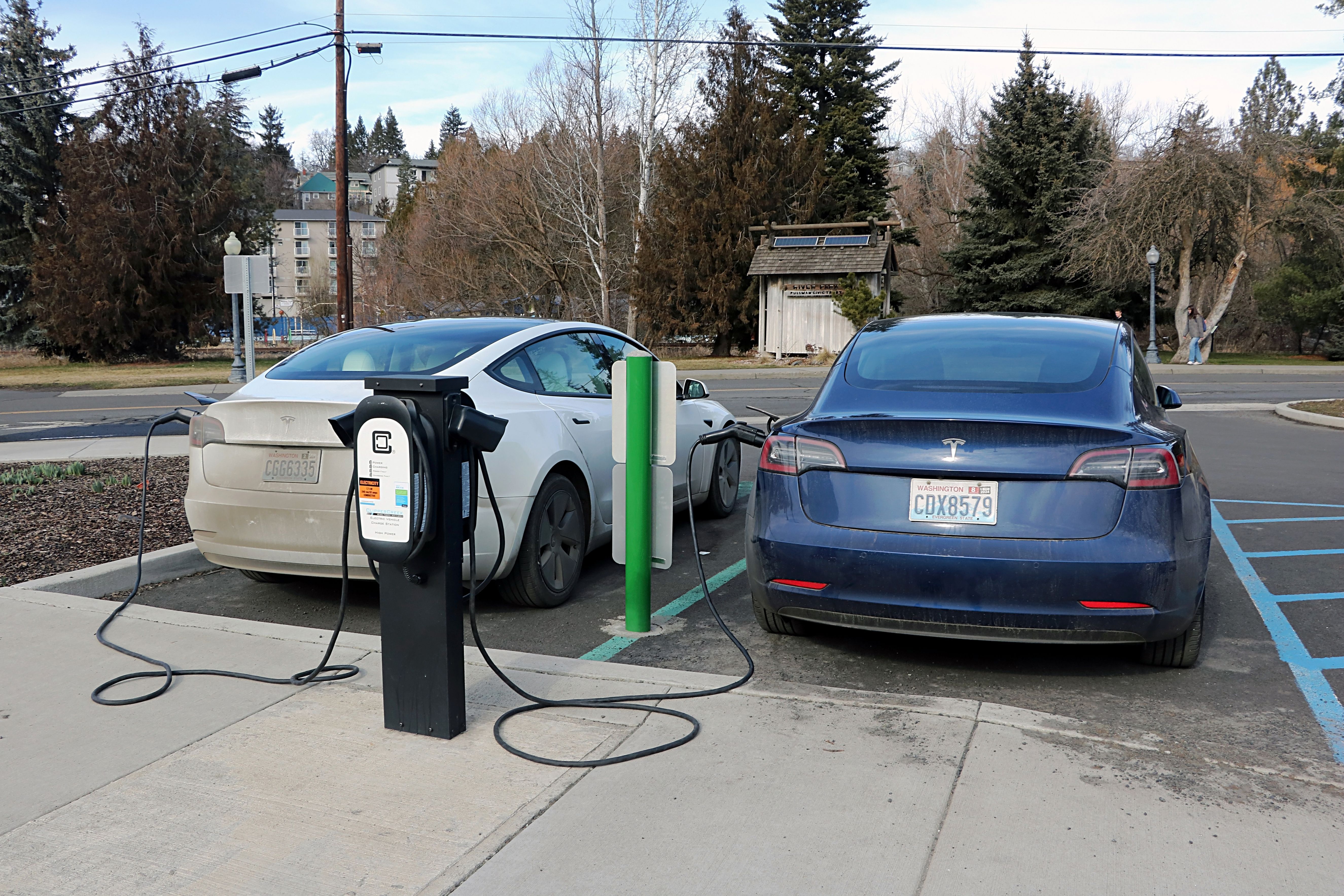New Dope in EV Charging: Just How the Industry Is Progressing to Fulfill Demand
As the electric vehicle (EV) market remains to broaden, the billing facilities is undertaking considerable improvements to deal with the surging demand. Key developments in ultra-fast billing modern technologies, paired with wise grid integration, are improving the landscape. Moreover, innovations in battery technology assurance improved efficiency and sustainability. The search of global billing standards stays a critical variable in enabling smooth customer experiences and extensive adoption. The implications of these innovations raise important questions regarding the future of EV billing and its role in the wider power environment.
Growth of Billing Infrastructure
The fast development of electric lorry (EV) billing facilities is an essential element in helping with the widespread adoption of electric wheelchair. As governments, exclusive business, and consumers increasingly acknowledge the significance of minimizing carbon discharges, investments accountable networks have surged. This facilities growth is important to reduce variety anxiety, ensuring that EV individuals have practical access to billing terminals.
Considerable advancements in billing station innovation and implementation methods have actually emerged. Urban areas are seeing a proliferation of public charging terminals, while country areas are slowly being integrated right into the billing network. Partnerships between automotive manufacturers and billing suppliers are ending up being much more common, promoting the facility of extensive networks that enhance individual experience and accessibility.
Furthermore, the combination of renewable resource sources right into billing terminals is acquiring momentum, advertising sustainability in the EV environment. This shift not only sustains environmental objectives but additionally lines up with the climbing demand for green power solutions amongst consumers.
Ultra-Fast Charging Technologies
Ultra-fast billing technologies stand for a significant jump ahead in the EV charging landscape, allowing electrical cars to reenergize in a fraction of the moment compared to standard billing techniques. These developments commonly provide power degrees exceeding 150 kW, with some systems reaching up to 350 kW or even more, significantly lowering charging times to as low as 15-30 mins for a substantial fee.
Trick enabling innovations consist of advancements in battery chemistry, power electronics, and thermal monitoring systems. As an example, high-capacity batteries with improved thermal stability enable for faster billing without overheating. Furthermore, advancements accountable facilities, such as liquid-cooled cables and modular billing stations, help with effective power transfer, improving the total customer experience
Major automobile makers and modern technology companies are proactively purchasing ultra-fast billing networks, recognizing the vital duty they play in overcoming range anxiety and accelerating the adoption of electric vehicles. As these technologies become much more widely available, the EV market is expected to witness significant growth, making electrical mobility an extra attractive option for consumers. Overall, ultra-fast charging modern technologies are pivotal in forming the future of lasting transport, leading the way for a more efficient and extensive billing ecological community.
Smart Grid Assimilation

Via need feedback strategies, smart grid systems can adjust charging schedules based on grid problems and electricity pricing. For instance, during periods of high demand, charging can be postponed to off-peak hours, causing reduced expenses for consumers and decreased stress on the grid. Additionally, vehicle-to-grid (V2G) technologies enable EVs to release power back into the grid, boosting and offering ancillary solutions grid security.
Combination with renewable resource resources further increases the sustainability of EV charging. By straightening billing activities with periods of high solar or wind generation, clever grids advertise a greener charging framework. Eventually, wise grid integration not just supports the expanding demand for EVs but additionally adds to a more sustainable and resistant energy future, placing the market for long-term success.
Battery Technologies
In the middle of the rapid development of electric vehicles (EVs), battery innovations stand at the center, driving improvements in performance, sustainability, and performance. As the demand for EVs rises, researchers and makers are concentrating on enhancing battery modern technologies to deal with obstacles such as range stress and anxiety and billing times.
Lithium-ion batteries continue to be the most widely utilized technology, yet new products and chemistries are emerging to Read Full Report improve energy thickness and long life. Solid-state batteries, for circumstances, promise greater energy storage capability and enhanced safety and security by changing liquid electrolytes with solid ones. This shift could considerably minimize the danger of fire and boost the life-span of batteries.
In addition, advancements in battery recycling procedures are crucial for sustainability. Companies are developing methods to recover valuable materials like lithium, cobalt, and nickel from used batteries, advertising a round economic situation and lowering ecological effect.

Worldwide Billing Specifications

Efforts are underway to establish worldwide charging requirements that promote compatibility amongst various EV models and charging stations. Organizations such as the International Electrotechnical Compensation (IEC) and the Culture of Automotive Engineers (SAE) are functioning collaboratively with auto manufacturers and energy companies to produce detailed standards. EV Charging news. These criteria purpose to streamline the charging process, reduce the need for multiple adapters, and enhance user experience
In addition, standardization can considerably reinforce the growth of the billing network, as it motivates financial investment by making facilities advancement extra predictable and efficient. As the EV market grows, a unified strategy to billing criteria will certainly be crucial for making sure that consumers can charge their vehicles comfortably and accurately, thereby sustaining the wider shift to sustainable transport.
Verdict
The electric lorry charging sector is going through substantial change to resolve the surging need for lasting transportation. Innovations in charging facilities, ultra-fast modern technologies, smart grid assimilation, and innovative battery services are crucial in enhancing individual experience and functional performance.
Urban areas are seeing an expansion recommended you read of public charging stations, while rural areas are progressively being integrated into the charging network. Furthermore, growths in charging infrastructure, such as liquid-cooled cable televisions and modular billing stations, facilitate efficient power transfer, improving the general customer experience.
Overall, ultra-fast charging technologies are critical in shaping the future of sustainable transport, leading the method for an extra considerable and efficient charging community. additional info - EV Charging news
By lining up charging activities with periods of high solar or wind generation, smart grids promote a greener billing framework.Initiatives are underway to develop international billing requirements that assist in compatibility among different EV designs and charging stations.